
Anchoring the week with purpose, insight, and bold leadership
Tuesday, September 16 | 9:00 – 10:00 a.m. ET
Two USM presidents share their perspectives on leadership, change, and opportunity in higher education.
Monday, September 15 | 11:30 a.m. – 1:00 p.m. ET
Start Professional Development Week with energy and intention at this Lunch & Learn kickoff.
Wednesday, September 17 | 12:00 – 1:00 p.m. ET
Quinn Conyers is a high-energy speaker and CEO of Speak to Society, teaching leaders to communicate with clarity and power.
Dream in Black Future Maker & Top Communications Trainer.
 09/15/2025 11:30 am
09/15/2025 11:30 am
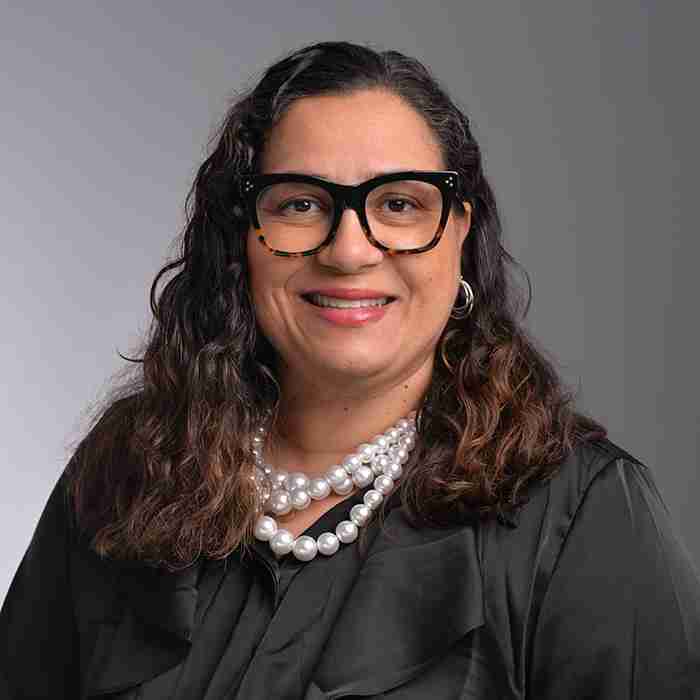 Patricia Bradley
Patricia Bradley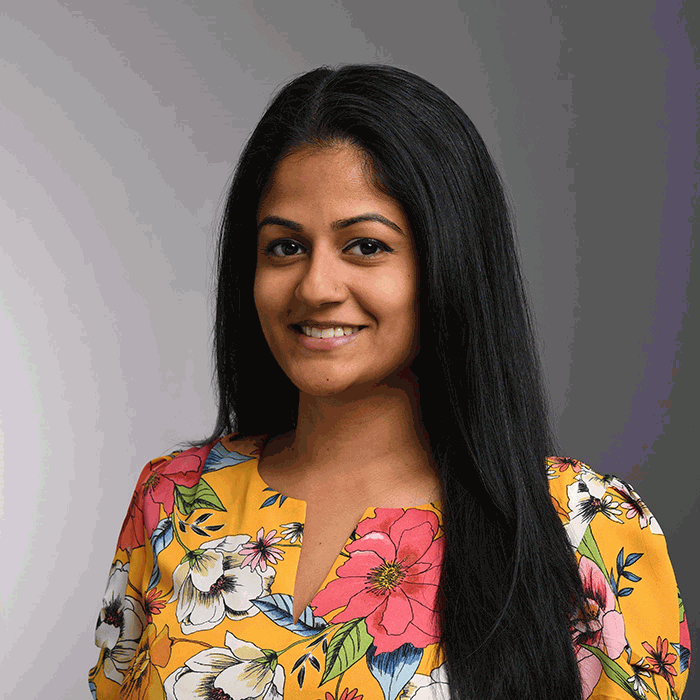 Nadea Armogan
Nadea ArmoganBegin your Professional Development Week with clarity, connection, and inspiration at this dynamic kickoff event hosted by the USM Learning and Talent Development Committee (LTDC).
The morning begins with an energizing welcome from LTDC, including an introduction to this year’s themes, workshop tracks, and engagement tools. You’ll meet Dr. Zandra Rawlinson, the newly appointed LTDC Chair, and join us in recognizing outgoing chair Namrata Ram for her exceptional leadership in advancing systemwide learning. Attendees will also be guided through event logistics, resource archives, and ways to connect throughout the week—including curated playlists and systemwide networking opportunities.
Following the orientation, stay with us for a candid and insightful Lunch & Learn conversation with Patricia Bradley, Vice President for Inclusion and Institutional Equity at Towson University. Moderated by Nadea Armogan, Coordinator for Bias Education and Advocacy at TU, this dialogue will explore Bradley’s journey through military, legal, and academic leadership. She’ll share reflections on inclusive leadership, emotional sustainability, and building equity-centered cultures of trust and transformation.
This combined session offers both the grounding you need to navigate the week—and the inspiration to lead and learn with intention.
 09/16/2025 09:00 am
09/16/2025 09:00 am
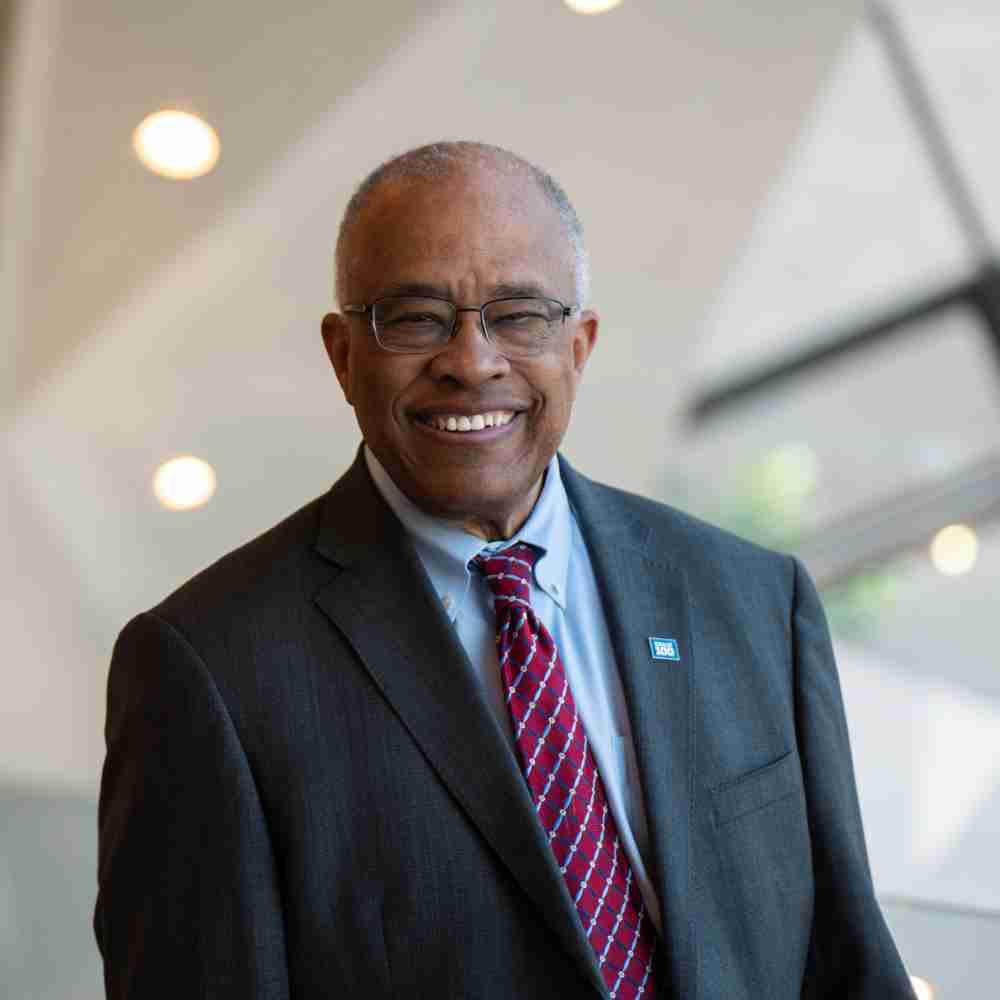 Kurt L. Schmoke
Kurt L. Schmoke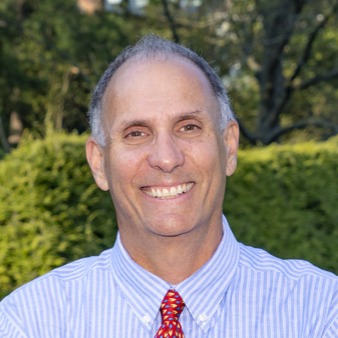 Fernando Miralles-Wilhelm
Fernando Miralles-Wilhelm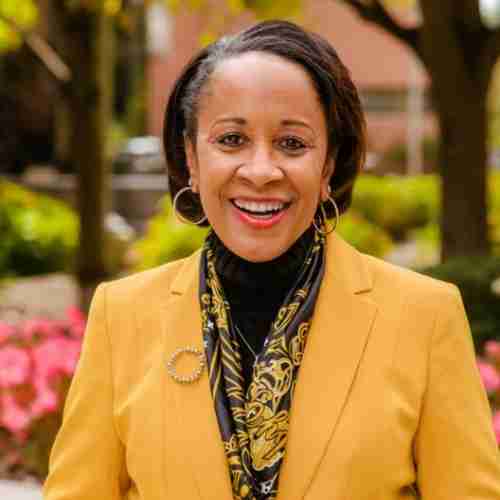 Dr. Lynne Adams
Dr. Lynne AdamsWhat does it take to lead with resilience through rapid change? In this keynote panel, two respected University System of Maryland presidents reflect on the personal and institutional challenges shaping today’s workplace. President Kurt L. Schmoke (University of Baltimore) and President Fernando Miralles-Wilhelm (UMCES and USM Vice Chancellor for Sustainability) share lessons from careers that span public service, scientific leadership, higher education, and global partnerships.
Attendees will gain insights they can apply across all four Professional Development Week tracks: workplace culture, leadership, productivity, and harmony.
Moderated by Dr. Lynne Adams (Division of Administration and Finance, UMBC), who will guide the conversation and highlight connections between the panelists’ experiences and the everyday challenges faced by leaders across the USM community.
 09/16/2025 10:00 am
09/16/2025 10:00 am
 Quinn Conyers
Quinn ConyersIn this spotlight session, Quinn Conyers offers practical tools to empower USM employees to speak with more clarity and confidence at work. Designed for faculty and staff in any role, the session covers how to pitch ideas effectively, lead meetings with ease, and advocate for yourself without overexplaining or shrinking. Quinn shares real stories and strategies to feel more prepared, better connected, and more heard, no matter if you're speaking in a meeting, presenting to a group, or just trying to say what matters. Expect to learn, reflect, and leave with tangible actions you can use right away to advance in your career.
 09/16/2025 03:00 pm
09/16/2025 03:00 pm
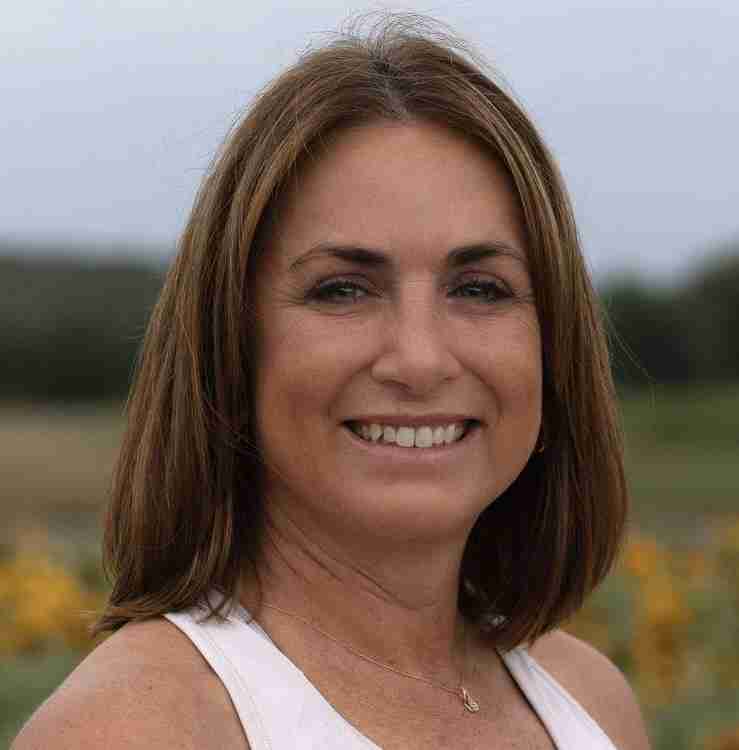 Kelli Bethel
Kelli BethelSometimes, the first step toward balance is just pausing long enough to notice where you actually are.
This session offers that pause. Through guided self-assessment using a Wellness Wheel and reflective prompts, you’ll explore key areas of well-being—movement, sleep, nutrition, emotional health, and rest—not in isolation, but as interconnected parts of your daily life.
You’ll get a snapshot of where things feel steady... and where they might need a little more attention. And instead of vague advice or overambitious routines, we’ll focus on practical tools—small shifts that are actually doable in real life.
You’ll also have a chance to try out simple, evidence-informed techniques, like mindful movement, breathwork, or visualization. By the end of the session, you’ll walk away with a personalized wellness plan built around your own values, rhythms, and goals—not someone else’s idea of what “wellness” should look like.
Because real well-being isn’t about overhauling everything—it’s about knowing what supports you, and making space for it, one choice at a time.
What you’ll take away:
Wellness doesn’t have to be complicated. Sometimes it just starts with the question: What would make me feel a little more like myself today?
 09/16/2025 02:00 pm
09/16/2025 02:00 pm
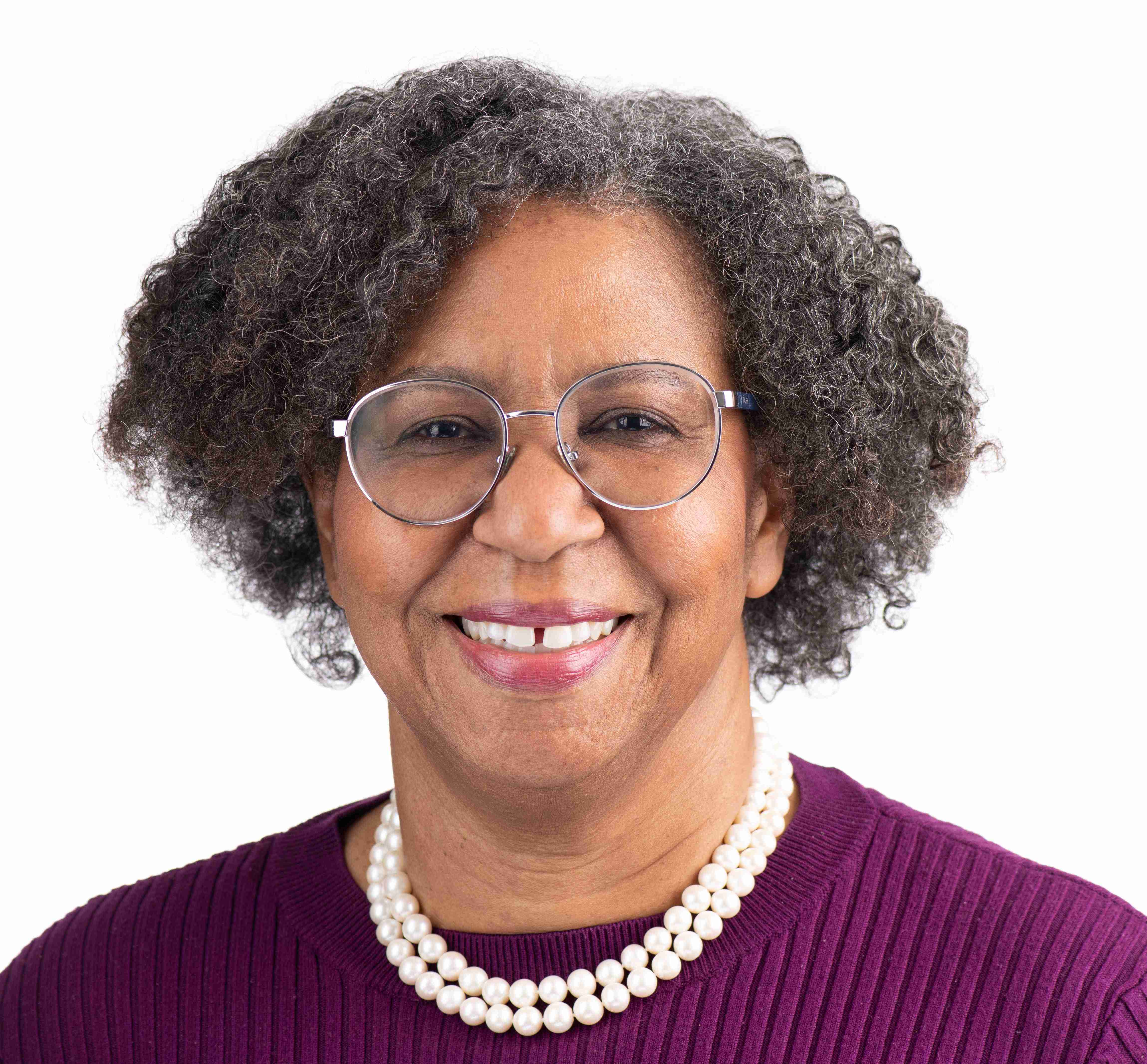 Michele Hunt
Michele HuntYou know that coworker who somehow makes everyone around them feel seen, heard, and respected? That’s not magic—it’s often coaching. And it turns out, you don’t need a formal title or a certification to bring that same energy into your workplace. Being coach-like is something we can all practice, and when we do, it opens the door to better conversations, deeper trust, and stronger teams.
In this session, we’ll talk about coaching not as a buzzword, but as a mindset that helps people grow—on their own terms. You’ll learn how to create space where your colleagues feel safe to speak up, work through challenges, and come to their own solutions. That’s not just good for individuals—it’s good for culture.
We’ll look at how coaching behaviors like active listening, asking powerful questions, and resisting the urge to jump in with advice can shift team dynamics in meaningful ways. And we’ll explore the connection between coaching and a psychologically safe workplace—where curiosity is welcomed, mistakes are treated as learning opportunities, and everyone feels like they belong.
You don’t need to lead a team to benefit from this session. Whether you're a new hire, a mid-level manager, or someone who’s just tired of meetings where no one really says what they mean, these tools can help you show up differently—and help others do the same.
What you’ll take away:
A deeper sense of how coaching contributes to psychological safety and trust
Culture doesn’t shift overnight. But moment by moment, question by question, we can build workplaces where people feel valued, heard, and empowered. Coaching helps us get there.
 09/16/2025 01:00 pm
09/16/2025 01:00 pm
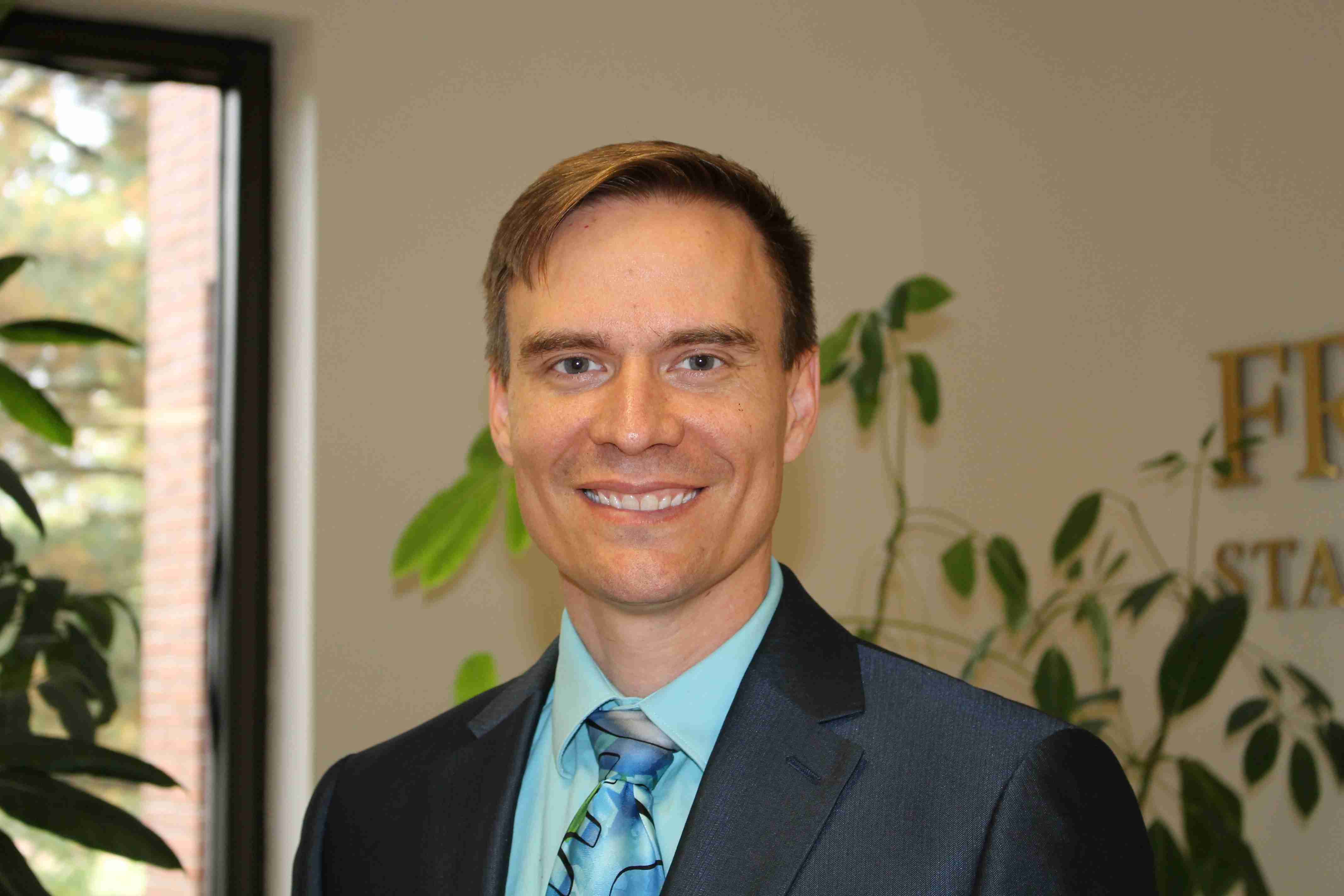 Jeffrey L. McClellan
Jeffrey L. McClellanWhat if leadership isn’t something you are, but something you do—in small, decisive moments that shape how people feel, think, and work together?
This session invites you to rethink leadership as a series of moments—brief, meaningful opportunities where your way of being, thinking, and acting have the power to shift culture, build trust, and create momentum. Whether it’s a tough conversation, a split-second decision, or an unexpected chance to listen more deeply, leadership lives in how we show up when it counts.
Together, we’ll unpack six key components that define every leadership moment. You’ll reflect on the way you move through those moments—what you bring to the table, how you respond to pressure, and where your habits help (or hinder) connection. It’s not about being perfect. It’s about being aware—and learning to lead with intention, not just instinct.
What you’ll take away:
Leadership isn’t always a title. It’s a moment. And when you know how to meet that moment with clarity and care, that’s when real change starts.
 09/16/2025 11:15 am
09/16/2025 11:15 am
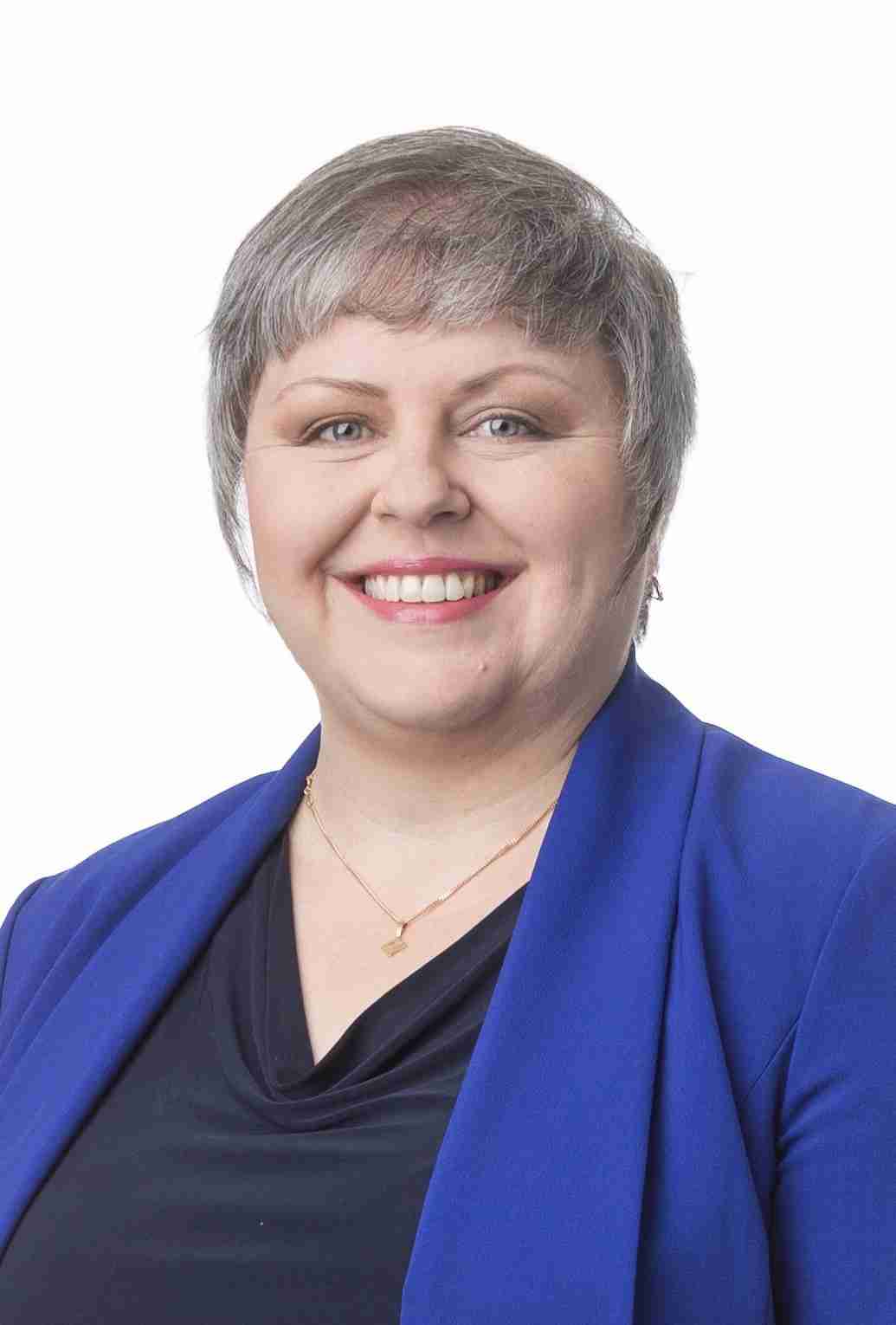 Liliya Roberts
Liliya RobertsLet’s face it: hybrid work isn’t going anywhere—but the constant pinging, switching, juggling? That’s not sustainable. Productivity isn’t about squeezing more into your day. It’s about designing workflows that actually work—for your role, your team, and your brain.
This session is for anyone who feels like their digital tools are running the show—or worse, running them into the ground. We’ll take a close look at common workflow traps in hybrid environments and map out smarter, simpler ways to work. The goal? More clarity, less chaos.
You’ll get to explore practical tools like Microsoft 365, Notion, and Trello—not just what they do, but how to use them strategically to cut down on redundancy, improve communication, and stay focused on what really matters. You’ll also learn how to balance deep work with the flexibility that remote and hybrid environments demand.
This isn’t just theory. You’ll walk through real-life examples from higher ed—think advising teams, academic departments, and administrative units—and practice applying the concepts to your own daily grind. Whether you’re leading a team or trying to stay afloat solo, this session offers tools and insights you can put to work right now.
What you’ll take away:
Getting “more done” isn’t the point. Getting the right things done—with clarity, focus, and room to breathe—is. Let’s start there.
 09/17/2025 10:00 am
09/17/2025 10:00 am
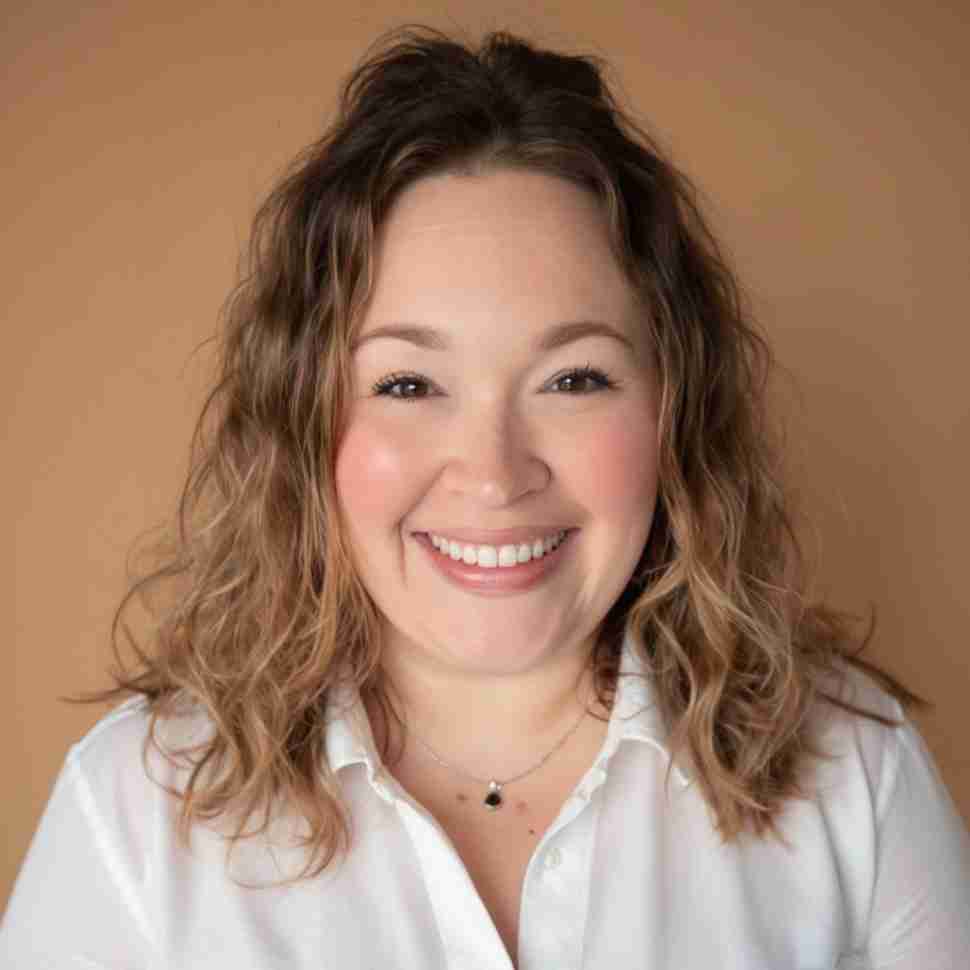 Diane Clark-Faggs
Diane Clark-Faggs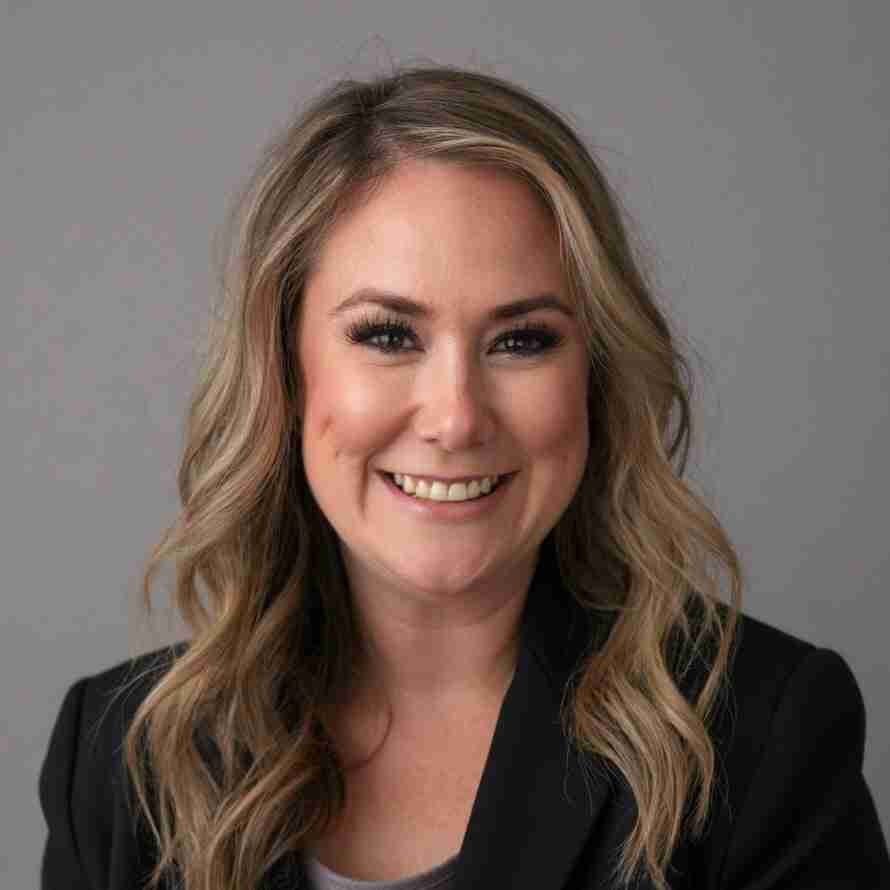 Melissa Sweeney Alexander
Melissa Sweeney AlexanderParenthood is a powerful teacher. It challenges us, grows us, and often reveals strengths we didn’t know we had. What if the very skills we develop as caregivers—like emotional intelligence, adaptability, strategic thinking, and leadership—are the same ones that make us stronger professionals?
This uplifting and empowering session reframes parenthood as a professional advantage. Through real-life examples and reflection, we’ll explore how caregiving cultivates resilience and sharpens the way we lead, collaborate, and show up at work. Participants will walk away with renewed confidence in the strengths they bring to the workplace because they are caregivers.
Whether you're navigating sleepless nights, school pickups, or shifting priorities, this session invites you to rethink balance as something you live, not just chase.
What you’ll take away:
Parenthood—messy, beautiful, and full of lessons—shapes us in powerful ways. This session offers a space to reflect, recharge, and remember: raising tiny humans isn’t a detour from leadership. It’s a masterclass in it.
 09/17/2025 01:00 pm
09/17/2025 01:00 pm
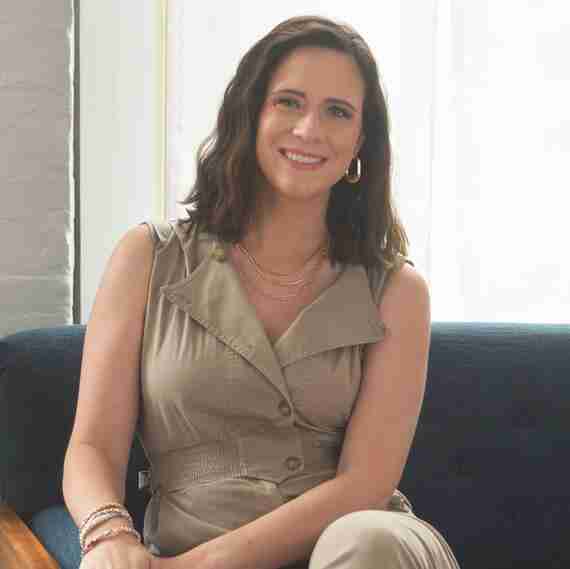 Hillary Livingston
Hillary Livingston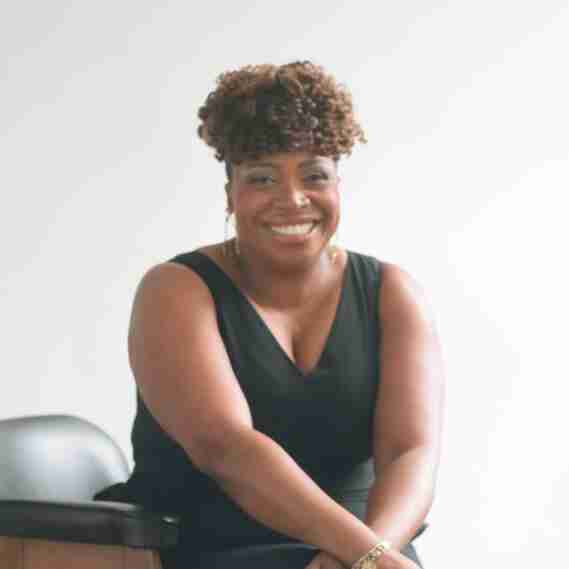 Bethany Pace
Bethany PaceLet’s be honest—divorce can feel like a wrecking ball. Not just to your relationship, but to your sense of identity, stability, and sometimes even sanity. It’s personal. It’s messy. And yet, it’s also survivable—especially when you’ve got tools, language, and a little support to help you through.
This session is for anyone navigating separation, divorce, or the emotional aftershocks that follow. We’ll talk frankly about what it means to take care of yourself when the ground under you is shifting—mentally, emotionally, logistically. No platitudes. Just practical guidance, shared with empathy and honesty.
Together, we’ll explore three key anchors—your values, your boundaries, and your community. Why? Because those are the pieces that help you stay grounded when everything else feels up in the air. Whether you’re freshly separated or years past the paperwork, this session offers space to pause, reflect, and start sketching out what comes next.
What you’ll take away:
There’s no one right way to move through divorce. But there are ways to move through it with strength, dignity, and hope. You’re not alone. And this session is here to prove it.
 09/17/2025 09:00 am
09/17/2025 09:00 am
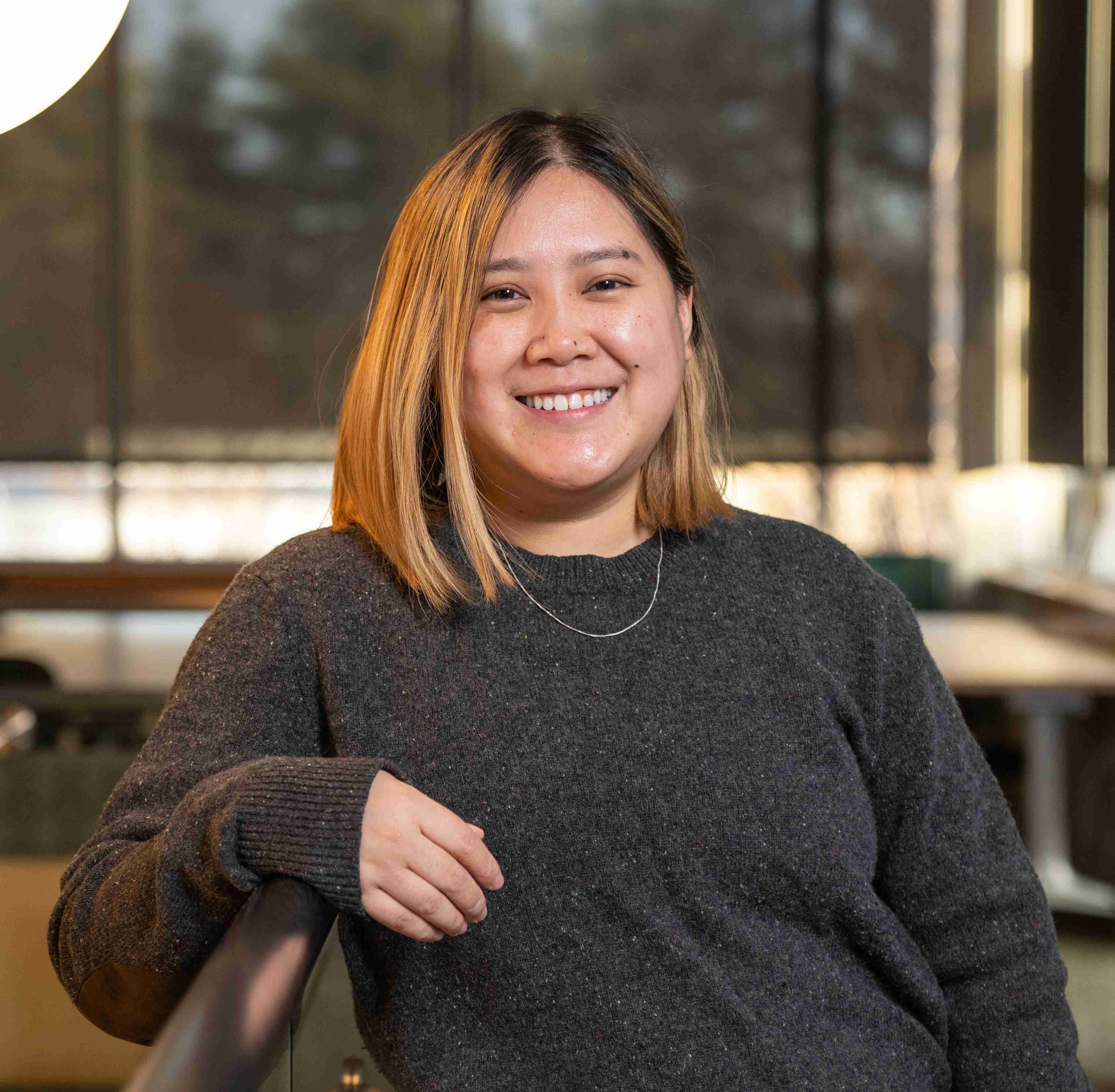 Chris Truong
Chris TruongYou’ve probably heard the term 'neurodiversity' more often lately. Maybe in a training, a DEI conversation, or a team meeting where someone brought up sensory needs or communication differences. But beyond the buzz, what does it actually mean to build a workplace where neurodivergent folks don’t just survive—but feel seen, safe, and supported?
This session is about moving from surface-level inclusion to something deeper: community care. We’ll explore what it means to adopt a neurodiversity-affirming mindset—and why that matters not just for neurodivergent employees, but for everyone on your team.
You’ll leave with tools to create more accessible, welcoming spaces—like understanding how ableism shows up in everyday interactions, how sensory environments affect focus and stress, and how language itself can open doors or shut them. You’ll also reflect on your own assumptions (we all have them) and how small shifts in mindset can make a big difference.
Whether you’re a supervisor, a teammate, or someone simply trying to do better, this session offers a roadmap to help you show up with empathy, awareness, and intention.
What you’ll take away:
We can’t redesign every system overnight. But we can build cultures of care—one interaction, one decision, one reflection at a time.
 09/17/2025 11:00 am
09/17/2025 11:00 am
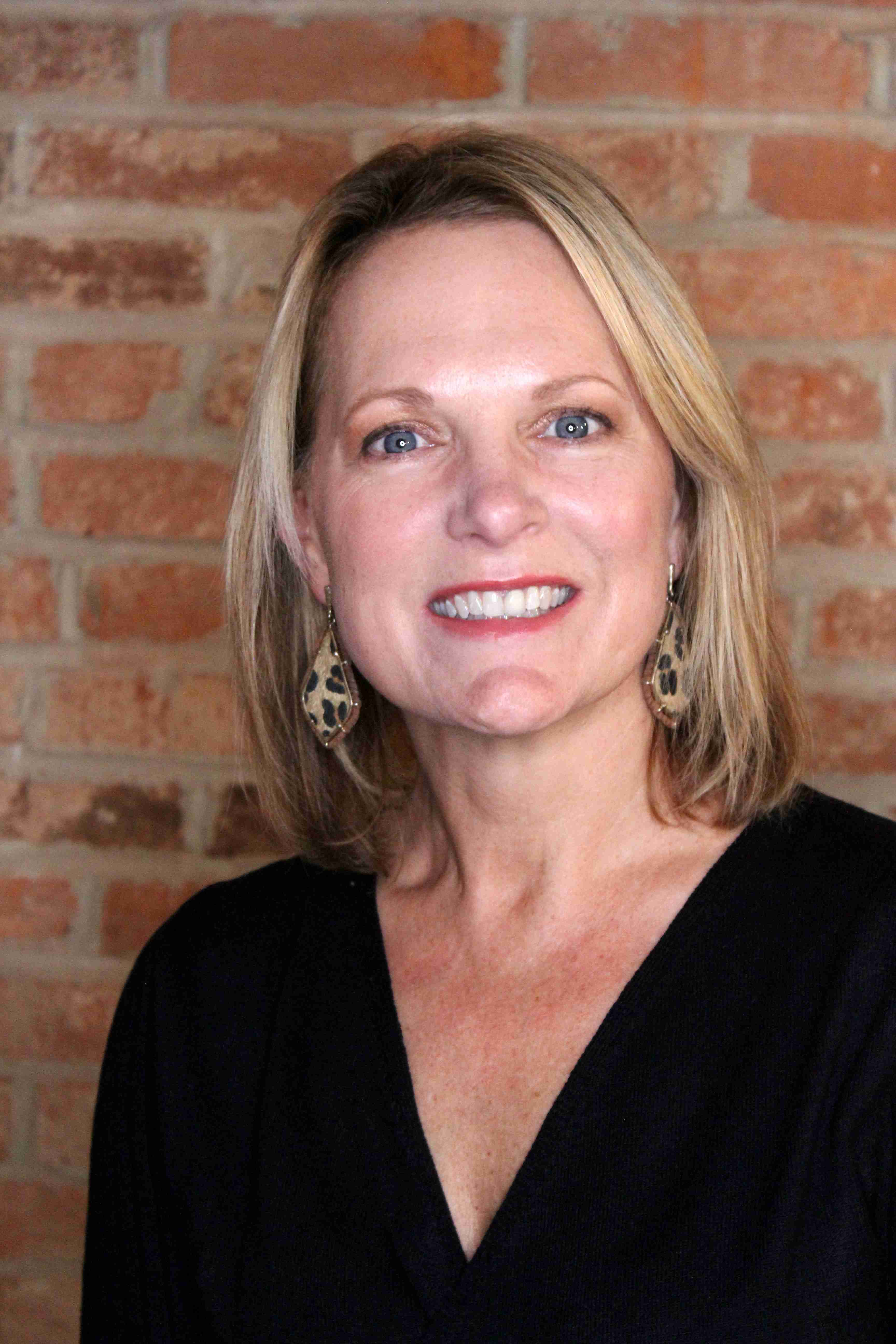 Alissa Harrington
Alissa HarringtonAI is no longer just a buzzword, it’s become part of the job. But using it well, especially in higher ed settings, means balancing convenience with caution. That’s where Microsoft Copilot Chat comes in. It’s secure, practical, and designed with institutions like ours in mind.
In this hands-on session, you’ll learn how to bring Copilot Chat into your daily workflow—without feeling overwhelmed. From summarizing documents and writing emails to building presentations and generating reports, we’ll show you how Copilot Chat can save you time and help you focus on the work that matters most.
We’ll also walk through key privacy features that make Copilot different from other AI platforms—because knowing your data’s safe matters just as much as getting the job done. You’ll test out simple prompting strategies, see what works (and what doesn’t), and leave with a resource library you can use long after the session ends.
What you’ll take away:
If you’ve been curious about AI but unsure where to start, this session is your entry point. Practical, safe, and tailored for higher ed staff—it’s time to make AI work for you.
Note: This session focuses exclusively on Microsoft Copilot Chat (the stand-alone web-based version) and does not cover Copilot features embedded in Word, Excel, or other Microsoft 365 applications.
 09/17/2025 03:00 pm
09/17/2025 03:00 pm
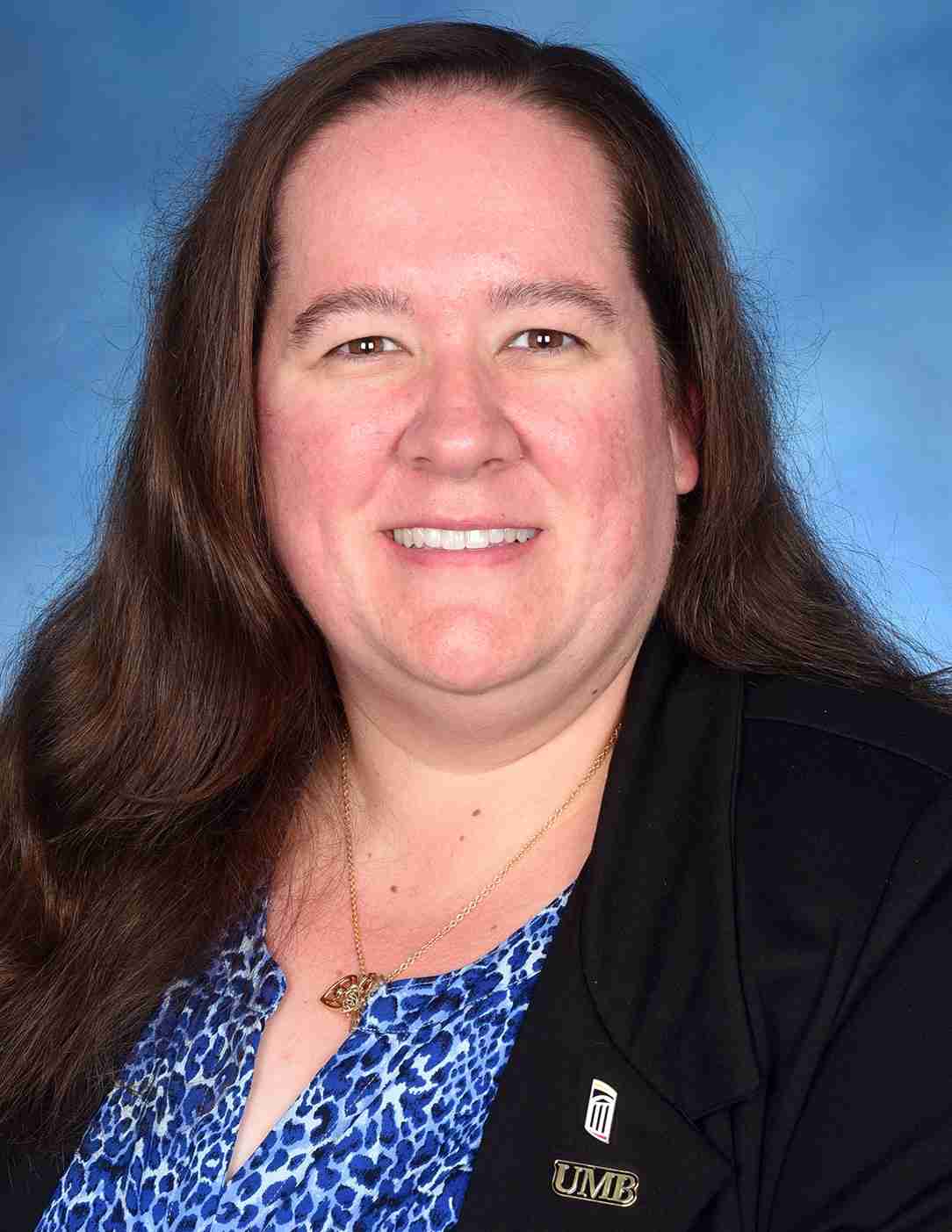 Victoria Meadows
Victoria Meadows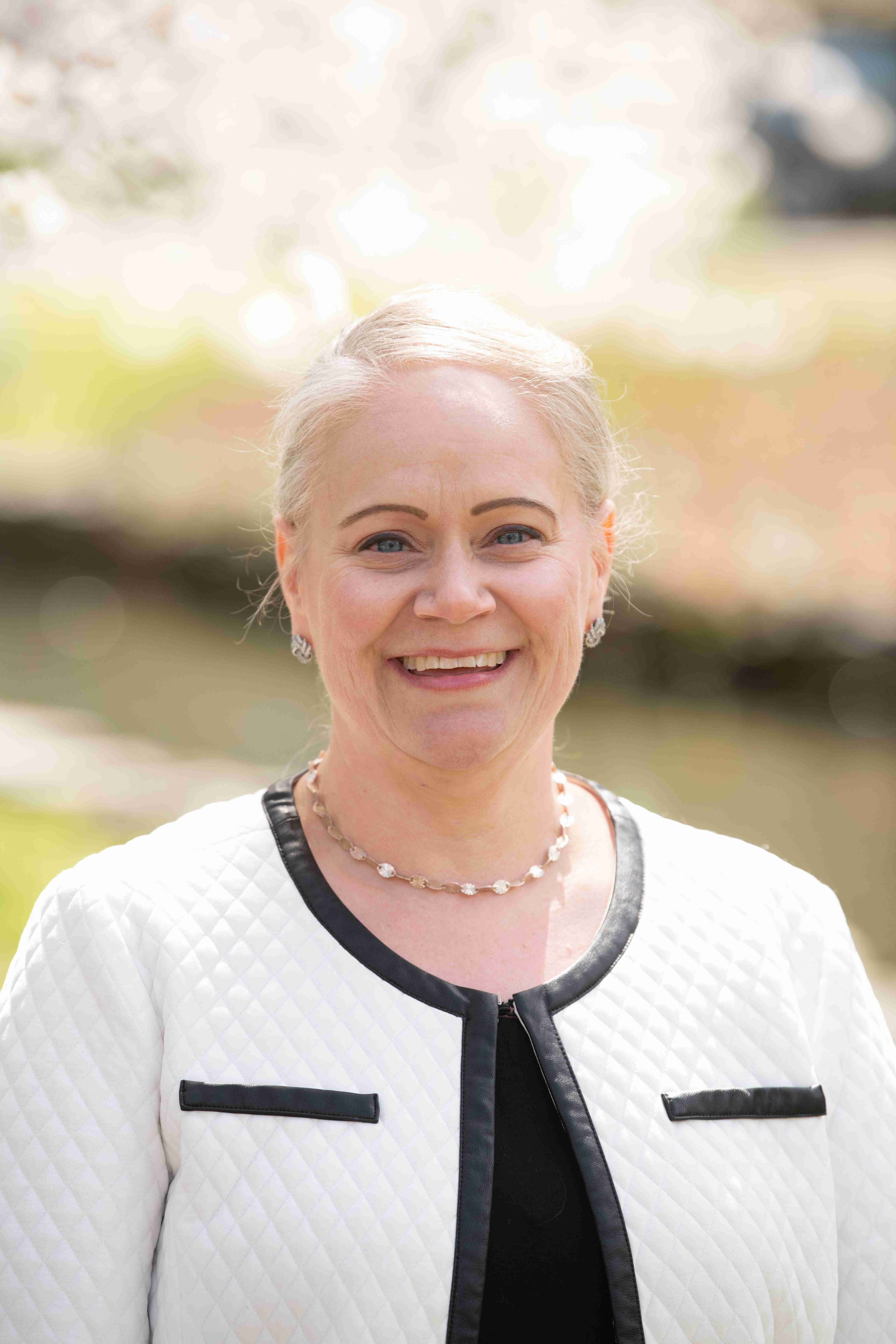 Karen Park
Karen Park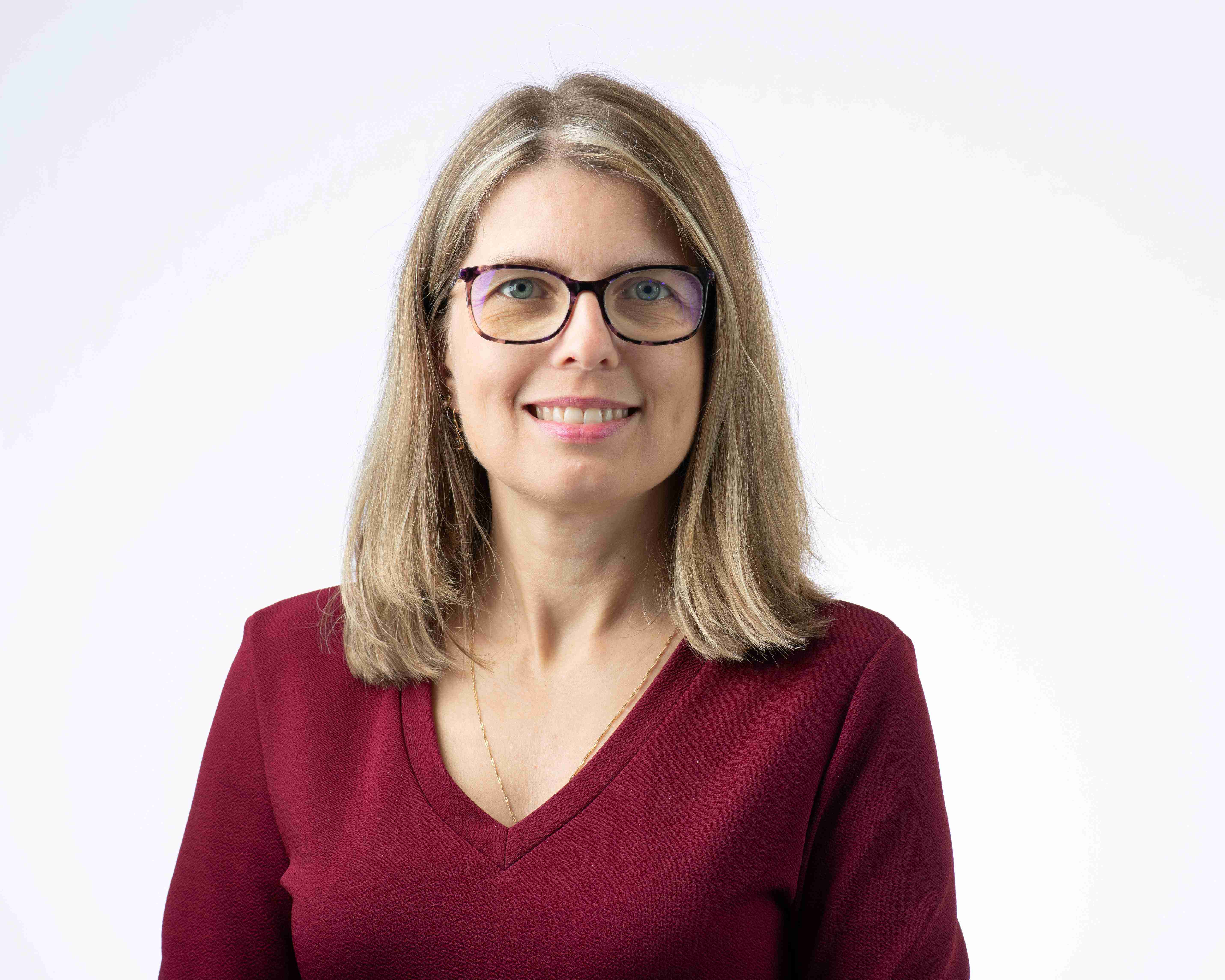 Trisha Kaufman
Trisha KaufmanWhat happens when IT, enterprise risk management, and administration & finance all pull in the same direction? At UMB, the answer is a smarter, more connected approach to strategic planning—made possible through a tool built in-house.
This session offers an inside look at UMB’s Strategic Plan Implementation Management System (SPIMS)—a custom web-based platform designed to track, align, and operationalize strategic goals across every school and administrative unit. You’ll learn how the system was developed by the Center for Information Technology Services (CITS), how the Administration and Finance department (with 57 strategic goals) uses SPIMS to model best practices, and how the Enterprise Risk Management program integrated risk assessment into the platform to strengthen a culture of informed decision-making.
This isn’t just a tech story—it’s a collaboration story! Through the lens of three key campus units, you’ll see what’s possible when open communication, shared goals, and institutional innovation come together. Whether you’re building a system, managing one, or looking to better connect planning to execution, this session will leave you with real examples and new ideas to take back to your team.
What you’ll take away:
The tools we use matter—but how we use them together matters even more. This session shows what happens when collaboration drives both innovation and impact.
 09/17/2025 02:00 pm
09/17/2025 02:00 pm
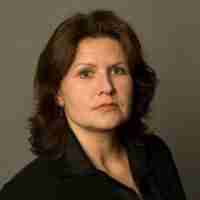 Christine R. Valeriann
Christine R. ValeriannDo you know what to do when you don’t know what to do? When everything changes—again—and you're somehow expected to already have a plan? That’s where agility comes in. Not the buzzword, but the leadership “superpower” for a world where change is the only constant: the ability to assess, adapt, and move forward with purpose despite unknowns.
This session gives you a potent technique for when life takes an unexpected turn and you’re not sure what to do—but you still have to lead. We’ll talk about agility as a mindset, not just a skillset: how it helps you adapt in real time, lead with more ease, and stay grounded despite detours in the road ahead.
Explore what it means to be agile, why agility is one of the most lauded leadership characteristics, and how it helps you adapt past learning to new situations and unforeseen circumstances. Through self-assessments, scenario reflections, and skill-building sessions, you'll map out your version of agile leadership—and uncover your superpower to thrive through change. POW!
What you’ll take away:
Agility doesn’t mean having all the answers. It means knowing how to move—thoughtfully, flexibly, and with enough confidence to bring others with you. This session is your starting point to harnessing this superpower. ZAP!
 09/18/2025 02:00 pm
09/18/2025 02:00 pm
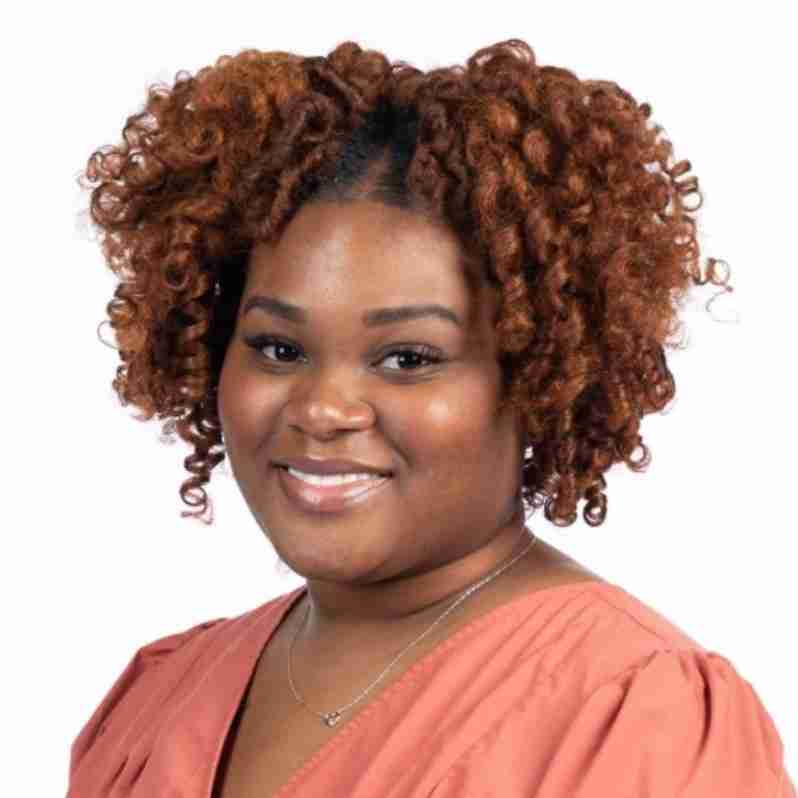 Ashley Watson
Ashley WatsonLet’s be honest—higher ed can wear you down. Between changing expectations, student needs, and complex systems, even the most passionate professionals can start to feel disconnected. But what if reawakening your purpose isn’t about starting over—but seeing your role with fresh eyes?
In this session, I’ll share my real-life journey across three university systems—from the high-volume demands of Georgia Tech to a quieter, more introspective chapter at UBalt. Through honest reflection, creative renewal, and small but powerful shifts, I’ve found ways to turn burnout into breakthrough—and I’ll help you do the same.
We’ll explore how to bring new energy to old workflows, how creativity can re-spark motivation, and how to lead with both heart and clarity—even in seasons of transition. You’ll leave with your own “Passion Preservation Plan” and practical tools to reconnect with what matters most in your work.
What you’ll take away:
Burnout is real—but so is your ability to reignite.
 09/18/2025 03:00 pm
09/18/2025 03:00 pm
 Jessica Smith
Jessica SmithEver feel like you’re juggling so many things that one more task—one more email, one more meeting—might just tip the whole day over? You’re not alone. The secret to handling it all (without burning out)? Executive function.
This session takes a down-to-earth look at how skills like focus, emotional regulation, and planning shape our ability to find balance—especially when life’s moving fast or shifting underfoot. We’ll explore how executive function isn’t just for students or clinical settings—it’s for anyone trying to set boundaries, stay present, and make sustainable choices in work and life.
Through hands-on activities and reflection, you’ll pinpoint your strengths, spot areas where you might need support, and leave with tools to help you reset—whether you’re navigating a career shift, managing stress, or simply trying to keep your evenings your own.
What you’ll take away:
Because work-life harmony isn’t just a nice idea—it’s a skillset. And like any skill, it gets stronger when we understand how our brains work and start giving ourselves a little more room to breathe.
 09/18/2025 09:00 am
09/18/2025 09:00 am
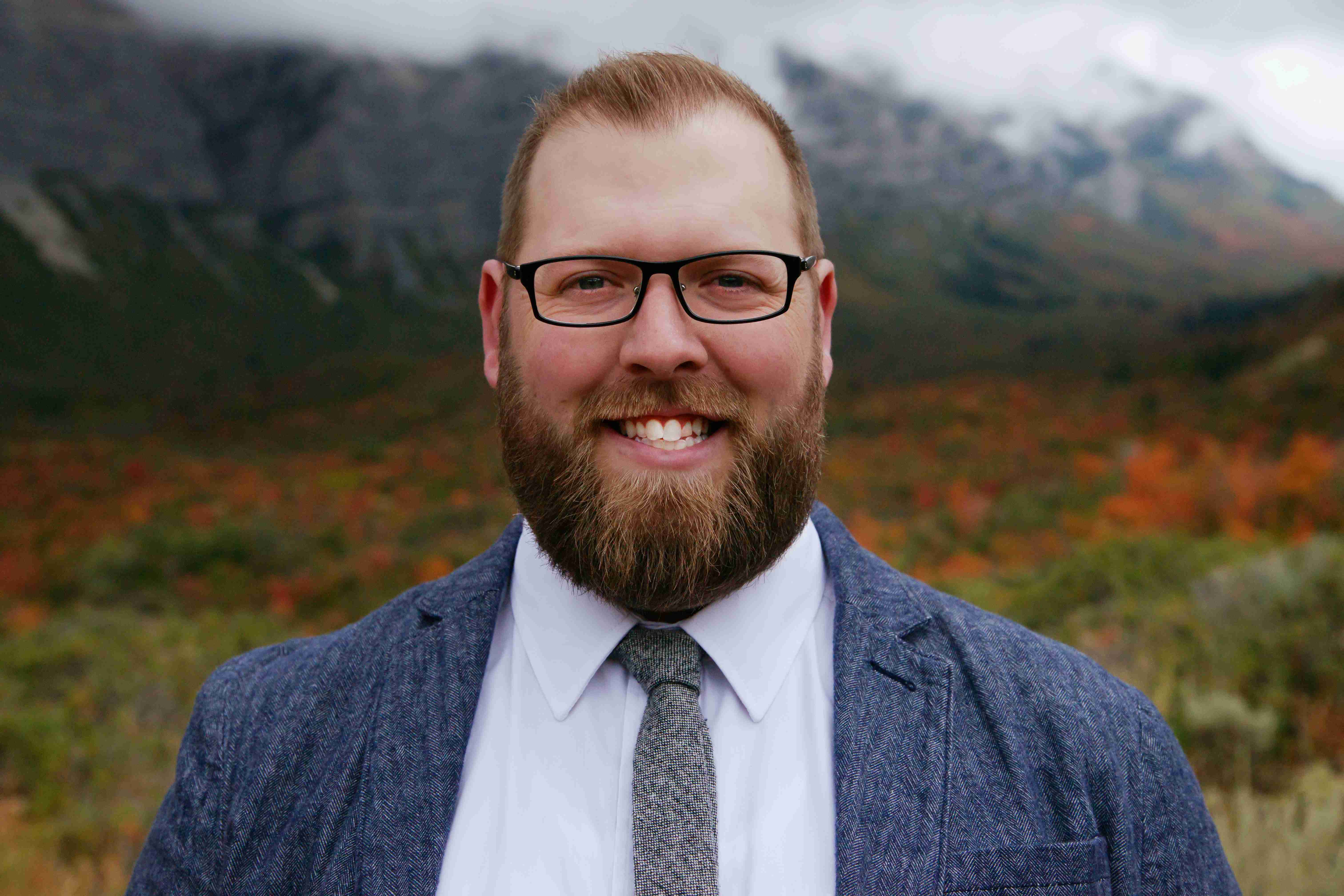 Parker Nielsen
Parker NielsenStrong workplace cultures aren’t built by handbooks alone; they start with how people show up. And more often than not, that begins with leaders taking a long, honest look in the mirror. That’s where this session comes in.
We’ll explore how self-reflection, a little healthy “navel gazing", can become a real tool for shaping connected, inclusive, and emotionally intelligent workplace cultures. Through real-world examples and interactive reflection, you’ll uncover how everyday leadership patterns, tone, timing, and unspoken habits can either build trust or quietly erode it.
This session offers more than insight. You’ll walk away with your own “leadership reflection map,” a practical guide to understanding how your leadership habits may be helping (or hindering) your team’s ability to thrive. Together, we’ll explore how reflection not only transforms individuals but also shifts teams, especially in moments of change, tension, or resistance.
What you'll take away:
Culture isn’t something we set and forget, it’s something we model, every day. This session helps make that modeling more intentional.
 09/18/2025 11:00 am
09/18/2025 11:00 am
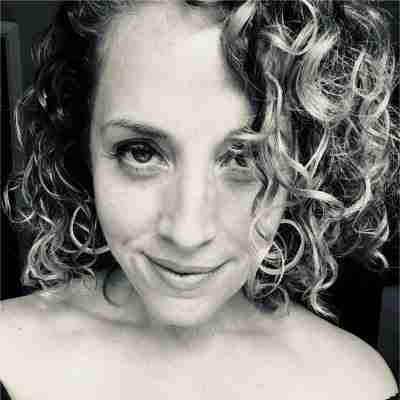 Jill Wardell
Jill WardellSome problems can be solved. Others? They just need to be managed, held, balanced, and navigated. That’s where polarity thinking comes in. Because let’s be real: leadership isn’t always about making clean decisions. More often, it’s about wrestling with tension—between stability and change, compassion and accountability, individual needs and collective goals.
In this highly interactive session, you’ll learn how to work with, not against, the natural push-and-pull that shows up in every team. You’ll explore the leadership practice of bridging polarities, a mindset that doesn’t pick sides but instead looks for the value in both. Rather than framing complex challenges as either/or dilemmas, we’ll look at how to name tensions, map them visually, and make better choices by leaning into both perspectives.
This approach isn’t abstract—it’s been used in fields as diverse as climate response, organizational change, and even conflict resolution in fractured communities. It’s also deeply personal. By naming your own leadership paradoxes, you’ll begin to build the self-awareness and emotional agility needed to lead with greater clarity, trust, and resilience.
What you’ll take away:
Leadership isn't always about fixing. Sometimes, it's about holding space for two truths—and helping your team see the strength in both.
 09/18/2025 01:00 pm
09/18/2025 01:00 pm
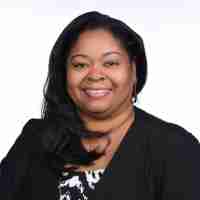 Dr. Pauline Belton
Dr. Pauline BeltonResilient teams don’t just happen. They’re built—moment by moment—by leaders who know how to pause, listen, and respond with empathy, especially when things get hard.
This session explores what it really means to lead with emotional intelligence. Not as a soft skill, but as a steady hand—one that helps people feel seen, grounded, and motivated to keep going. Using the HEART of Leadership framework, we’ll look at five essential skills that support trust, emotional regulation, and real connection in the workplace. Because when teams feel safe and supported, they don’t just survive change—they rise through it.
We’ll break down how emotional intelligence plays out in everyday leadership moments—like giving feedback, managing conflict, or navigating a hard shift in direction. You’ll reflect on how you show up under pressure, and how that impacts the people around you. And you’ll leave with practical tools you can bring back to your team—no fluff, just things that actually work.
What you’ll take away:
You don’t need to have all the answers to lead well. But you do need to bring your heart to the work. This session helps you do just that—calmly, clearly, and with courage.
 09/18/2025 10:00 am
09/18/2025 10:00 am
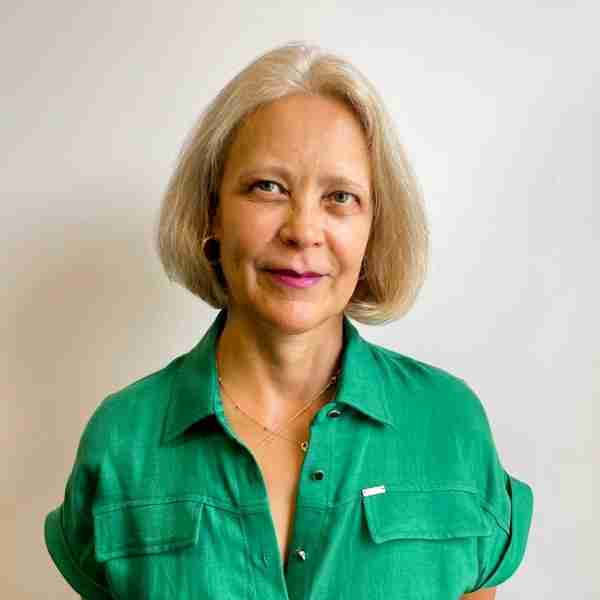 Bobbie Tchopev
Bobbie TchopevYou know that feeling—when you know things need to change, and yet no matter how clear the need or how urgent the goal, things just... stall? That’s not always a strategy issue. Sometimes, it’s about leveraging influence - how we move people toward something better, even when they’re hesitant or unsure. This session is about getting unstuck.
Attendees are encouraged to identify a sticky challenge or opportunity and practice identifying and applying high-level strategies, tactics, and skills to initiate change. It’s for anyone trying to lead change—whether you're driving a new process, adjusting a team dynamic, or just tired of hearing “we’ve tried, and it doesn't work.” We’ll walk through a practical framework that looks beyond vision and into vital behavior as a tool to facilitate change in the desired outcome. Together, we’ll explore how to shift behavior by strategically targeting just a few high-impact actions.
You’ll learn how to use motivation and ability at the personal, social, and structural levels to bring about change. And you’ll reflect on what it means to lead with clarity when things feel murky, slow, or resistant.
What you’ll take away:
 09/19/2025 10:00 am
09/19/2025 10:00 am
As Professional Development Week comes to a close, join colleagues from across the University System of Maryland for a guided session of connection, reflection, and shared insight.
This interactive closing circle offers a chance to speak, listen, and make meaning of what the week has meant to you—professionally and personally.
Through small-group breakout conversations and informal speed networking, you’ll reflect on what resonated, how you plan to apply what you’ve learned, and what ideas you’re bringing back to your institution. You’ll also have space to meet new colleagues, share experiences, and support one another’s growth.
Designed to foster meaningful exchange and strengthen our cross-campus community of learners and leaders. Cameras and coffee welcome.
Leave inspired. Leave connected. Leave ready.